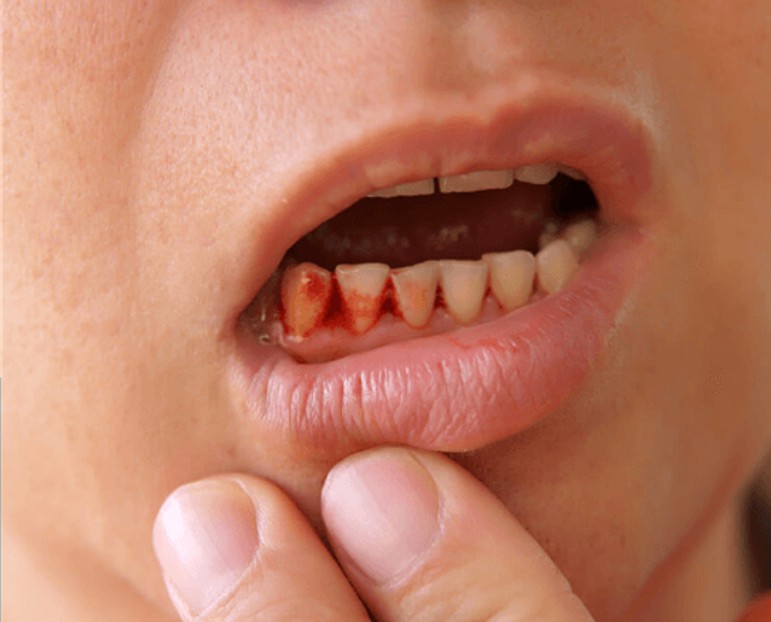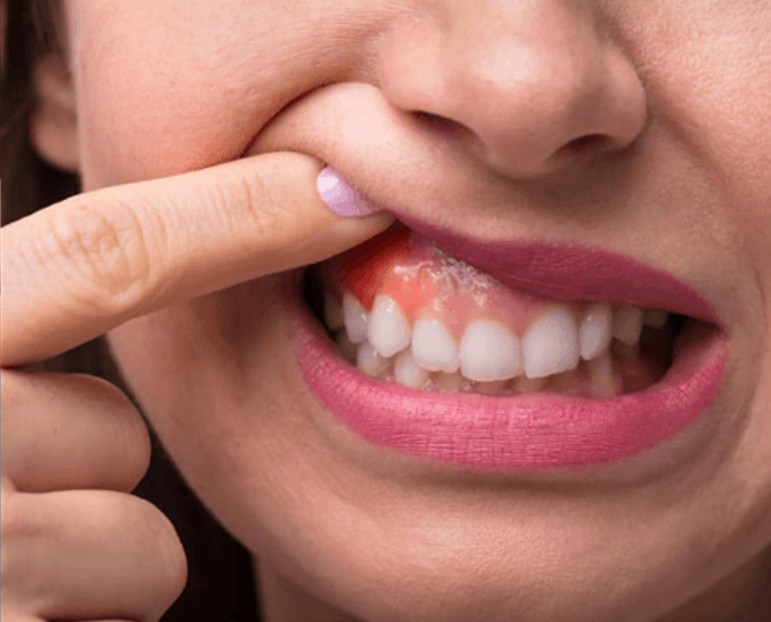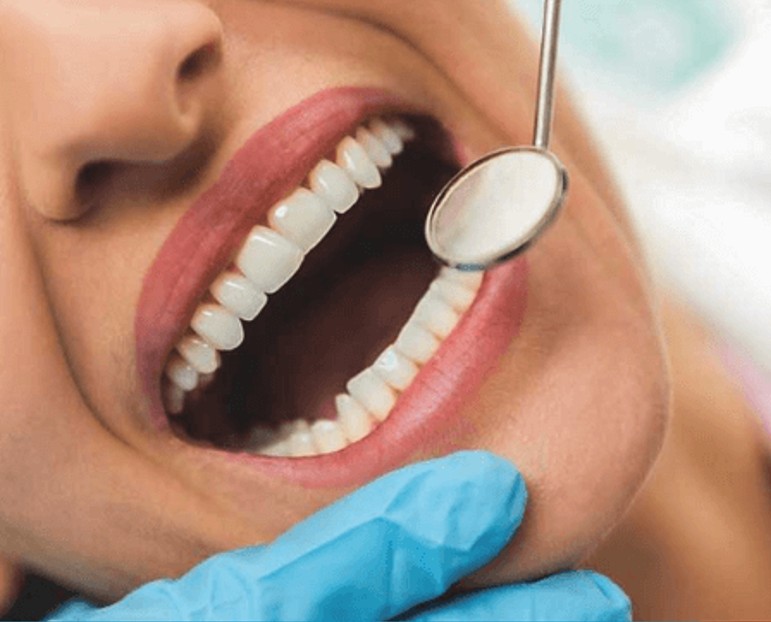creating beautiful smiles with
After Care
Following surgery, the last thing you want to worry about is a complication due to poor post-operative care. For best results after surgery, we recommend patients to integrate a post-operative plan into their lives until they are fully healed. Following this plan will help ensure a faster and more successful recovery.
Bleeding
First and foremost, after placement of dental implants, do not disturb the wound. That means avodiing any rinsing, spitting, or touching of the wound on the day of surgery. Your doctor may even advise you to avoid nose-blowing in some cases. A small amount of bleeding, pain, and swelling is perfectly normal but there are certain tricks to keep these post-op nuisances to a minimum.
Keep steady pressure over the surgical site following the procedure. Pressure helps reduce bleeding and permits the formation oof a clot. Gently remove the compress after one hour. If bleeding persists, place another compress and again keep steady pressure on the area for one hour. A moistened tea bag applied to the site for 30 minutes may also help to stop bleeding. Blood or redness in the saliva is normal. If bleeding continues, we recommend calling the office for further instructions.
It’s a good idea to limit or reduce your oral activity as much as possible for several hours after surgery. Avoid any unnecessary eating, drinking, and talking. These oral activities may hinder proper healing, especially in the first few hours.
Swelling
Any swelling can be minimized by applying an icepack, on the cheek or on the jaw directly, in the area of surgery. If an icepack is unavailable, simply fill a heavy plastic bag with crushed ice. Secure the end, and cover with a soft cloth to avoid skin irritation. Frozen bags of peas make wonderful icepacks and can be refrozen and used repeatedly.
Immediately following the procedure, it’s advisable to apply the icepack over the affected area — 20 minutes on, and 20 minutes off — for two to four hours, to help prevent the development of excessive swelling and discomfort. Apply the ice as often as necessary, for the first 24 hours ONLY. You may expect swelling for up to 10 days and possibly a fever of 99° to 100° F.
Pain
To minimize any discomfort from the pain, before the anesthesia wears off and feeling has returned to normal, begin taking medication as directed by your doctor. For moderate pain, over-the-counter Tylenol or Ibuprofen comes in 200 mg tablets. Two to three tablets may be taken every three to four hours as needed to relieve the ache. For severe pain, the prescribed medication should be taken as directed. Take the prescribed narcotic medication if you experience Signiant pain.
If anti-inflammatory medication was prescribed, begin taking the medication with food immediately after the procedure and continue as directed. If you were not prescribed any anti-inflammatory medication and you don’t have a known allergy to Aspirin or Ibuprofen (Motrin), you can take 600 mg of Ibuprofen every six hours to control mild too moderate pain. Note: Do not take any of the above medications if you are allergic, or have been instructed by your doctor not to take it.
Prescribed antibots to help prevent infection are usually started an hour or two prior to implant surgery, and continued for about a week afterward. Remember, in terms of compresses and foods, administer cold items for the first 24 hours and then warm afterward.
Ongoing Oral Hygiene
Good oral hygiene is essential to good healing. This includes warm salt water rinses (a teaspoon oof salt in a cup oof warm water) at least four to five times a day. Wait until 24 hours after surgery to start the rinses to minimize chance of disturbing the blood clot. Repeat after every meal or snack for seven days.
You can also brush your tongue with a dry toothbrush to keep bacteria growth down, but be careful not to touch the surgical site. Resume your regular tooth brushing after two days, but still avoid disturbing the surgical area.
Diet
Eating might seem like the last thing ono your mind after dental surgery but it’s still important to nourish your body. Drink plenty of fluids. For 2 weeks after surgery, avoid hot liquids or food, spicy foods, acidic juices, chips, popcorn, and carbonated drinks. Soft, cool food and liquids should be consumed on the day of surgery, returning to a normal diet over the course of two weeks.
Have your meals at the usual time. Eat soft nutritious foods, and hydrate yoour mouth regularly with liquids, during meals and in between. However, always be careful not to disturb the blood clot.
Welcome To Our Dental Family
Rosenberg Dental & Implant Center is accepting new patients of all ages. Call today to schedule an appointment. We offer a full suite of services, including All on 4, Denture. Sleep apnea, Dental implant, Wisdom tooth extraction etc.





